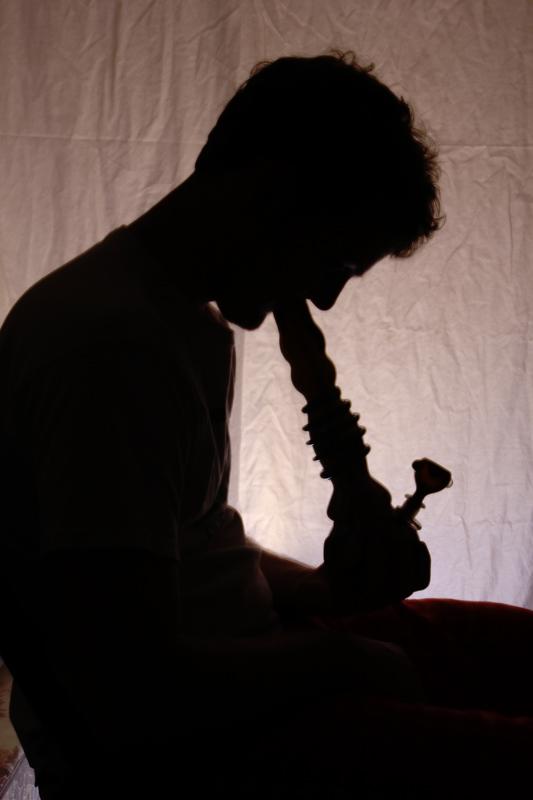
Marijuana legalization could be on Missouri’s November ballot, but for now, the state’s marijuana laws are among the toughest in the country.
Missouri has the sixth most severe marijuana laws in the United States, based on first offenses, according to a 2009 study by [drugscience.org](http://drugscience.org).
Possession of 35 grams or less, approximately 2 ounces, is a misdemeanor and carries a maximum jail sentence of one year, as well as a fine up to $1,000, according to [norml.org](http://norml.org).
Distribution and cultivation carry much higher penalties and are automatic felonies, with sentences ranging from five years to life in prison.
Keep Columbia Free President Mark Flakne said he feels that marijuana sentences are too tough in comparison to other crimes, such as robbery or sexual exploitation of minor.
Flakne noted the discrepancies on his website, [keepcolumbiafree.com](http://keepcolumbiafree.com), referencing an incident when Columbia resident Eric McCauley was convicted of 29 charges after he was found with 240 pounds of marijuana. The convictions led to a 23-year sentence.
Four days later, Flakne posted on his website that another man, Derek McCollum, was sentenced to 10 years in prison after stealing nearly $9,000 from a Burger King and taking inappropriate photos of a 13-year old boy.
“It’s par for the course with the drug war,” Flakne said. “It makes me angry. I have a need for justice and I don’t think justice was served in (those two cases).”
Flakne also pointed out the overwhelming amount of African-Americans targeted by the drug war. According to [drugscience.org](http://drugscience.org), Missouri’s marijuana possession arrest rate for Caucasians in 2007 was 330 per 100,000. At the same time, the rate for African Americans was 707 per 100,000. African-Americans are 20 percent more likely to use marijuana than whites, but that doesn’t explain the arrest rate being twice as high in Missouri, and three times as high nationally.
“If drug reforms were enacted by someone like Ron Paul, if he was elected, his views on the drug war and the action he would take would probably free more black men than Lincoln did with the Emancipation Proclamation,” Flakne said.
Marijuana arrests also make up a large portion of all drug arrests in the state. Out of the 42,000 drug arrests made in 2007, 23,000, or 55 percent, were for marijuana.
MU Police Department Capt. Brian Weimer attributed the statistics to how overwhelmingly prevalent marijuana is.
“There’s much more marijuana out there than any other drug,” Weimer said. “If you have a thousand yellow jelly beans and you have five orange jelly beans in a jar, chances are that you’ll get the one with a higher probability.”
The drug’s high usage rate is reflected by the amount harvested. According to norml.org, marijuana is the fourth largest cash crop in Missouri, behind only soybeans, corn and hay. Each year, 133,000 pounds of marijuana are harvested with a total value of nearly $340 million.
“When I was 18 and in college here, there was weed everywhere,” Flakne said. “But if you wanted to get a beer you had to find someone to get it for you or you had to go to a bar where the restrictions were lax.”
He also argues that if legalized, marijuana, like alcohol, would actually become less available to children.
“I’m sure there are drug dealers in my daughter’s junior high,” Flakne said. “There are no 14-year-old kids selling Jack Daniel’s.”